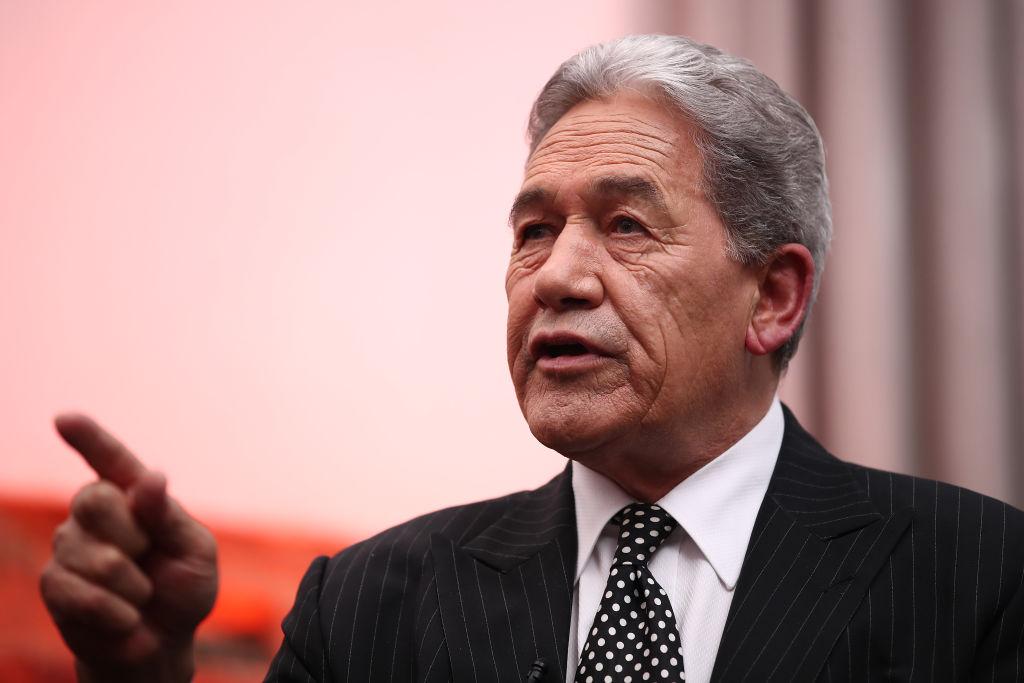New Zealand’s Foreign Minister Winston Peters has stood firm on his criticism of former Australian Foreign Minister Bob Carr’s stance on Beijing and the threat of a defamation lawsuit.
At the same time, he spoke out on Beijing’s human rights abuses, while acknowledging his country’s dependence on trade with China, in a speech to the NZ China Council.





